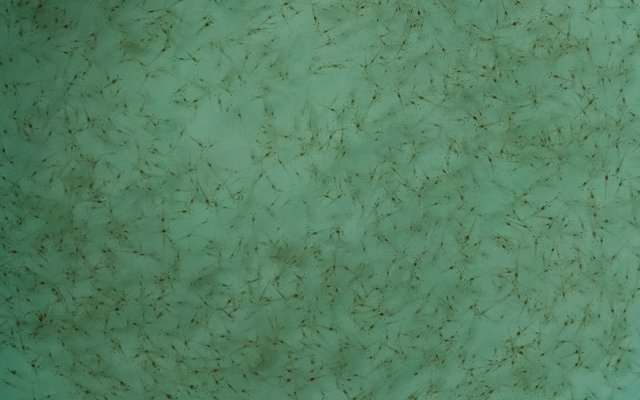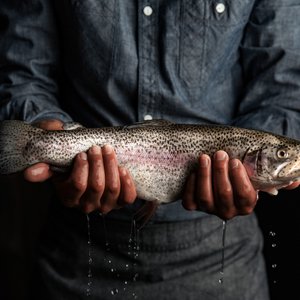For a sustainable development of aquaculture, technologies must be capable of improving or at least, maintaining the economic yields, while reducing the environmental and social impacts associated with production. One example of this type of technology are probiotics, a group of live bacteria that when added directly to water have beneficial effects, such as water bioremediation, improvement of digestion, intensification of the immune response and inhibition of the growth of pathogenic bacteria.
While the effects of probiotics on shrimp aquaculture has been extensively studied, there is little information of the impact of probiotics on the emission of pollutants into the environment in the form of nutrient effluents on larval production, as well as the production of CO2 associated with changes in the use of energy derived from the use of probiotics.
Benchmark Genetics Chile together with a group of Mexican scientists evaluated the effect of probiotics applied to the larval rearing water of whiteleg shrimp (Penaeus vannamei) on energy consumption, GHG emissions and the amount of nitrogen and phosphorous in the effluents. Fifteen production batches were tested with two groups, one using probiotics and the other without probiotics. A simulation model was developed composed of energy, pollution and economic sub-models.
Results showed that the use of probiotics had a significant effect on the reduction of all estimated pollutants and emissions of GHGs, mainly because the reduction on water exchange allows heat to lower volume of water and reduces less than 50% of the emission of CO2. Nitrogen and phosphorous amounts present in the effluents were low in all groups.
A reduction in energy costs, survival improvement and ecological benefits were also found when using probiotics. Therefore, authors consider that the use of probiotics, together with proper management, contribute to an environmentally friendly and sustainable production in shrimp hatcheries.
Read the article here.













